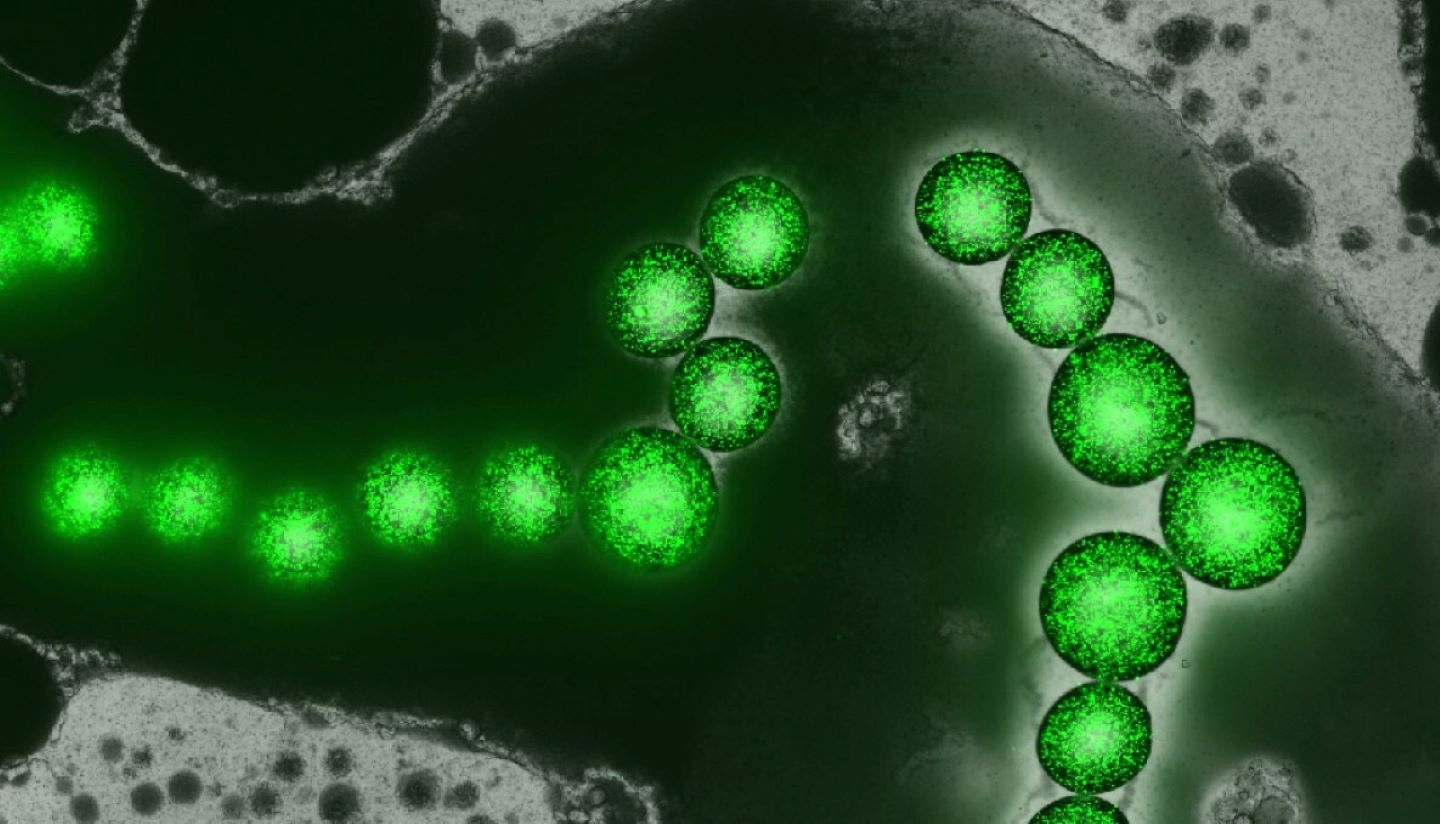

Ginkgo Bioworks has obtained a grant from the Bill & Melinda Gates Foundation for the development of a live cell therapeutic that can produce antibodies against human immunodeficiency virus (HIV) and/or malaria.
The company will use the grant to advance a cell-based technology that can enhance the supply of protein therapeutics to patients in low and middle-income countries.

Discover B2B Marketing That Performs
Combine business intelligence and editorial excellence to reach engaged professionals across 36 leading media platforms.
Leveraging the funds, Ginkgo will design an engineered cell line prototype expressing antibodies to treat HIV and/or malaria through an implantable device.
This cell line would serve as a “cell factory” to deliver protein therapies to patients for a year or more.
It could lead to delivery systems that offer protein therapies to act as durable and cost-efficient treatment options for the diseases.
With the foundation’s support, Ginkgo will leverage its mammalian cell engineering expertise to create synthetic cell lines with increased productivity and extended life span.

US Tariffs are shifting - will you react or anticipate?
Don’t let policy changes catch you off guard. Stay proactive with real-time data and expert analysis.
By GlobalDataThe company will also utilise genomics and systems biology capabilities to forecast the genomic elements underlying the intricate cellular phenotypes.
Ginkgo will then merge these traits in a mammalian chassis. The cell line will be combined with an implant device to deliver therapeutic antibodies continuously.
Ginkgo Bioworks Commercial cell engineering head Jennifer Wipf stated: “Protein-based drugs were some of the earliest applications of cell programming for medicine half a century ago.
“We’re honoured to be receiving support from the Gates Foundation to re-imagine how these medicines are made and delivered so that we can open up access to these critical therapies.
“We look forward to leveraging our learnings from this project to ensure the success of future programmes with our partners.”
The latest development comes after Ginkgo Bioworks and Synplogen signed a non-binding memorandum of understanding to expedite DNA manufacture and gene therapy platform services in Japan.
Cell & Gene Therapy coverage on Pharmaceutical Technology is supported by Cytiva.
Editorial content is independently produced and follows the highest standards of journalistic integrity. Topic sponsors are not involved in the creation of editorial content.




